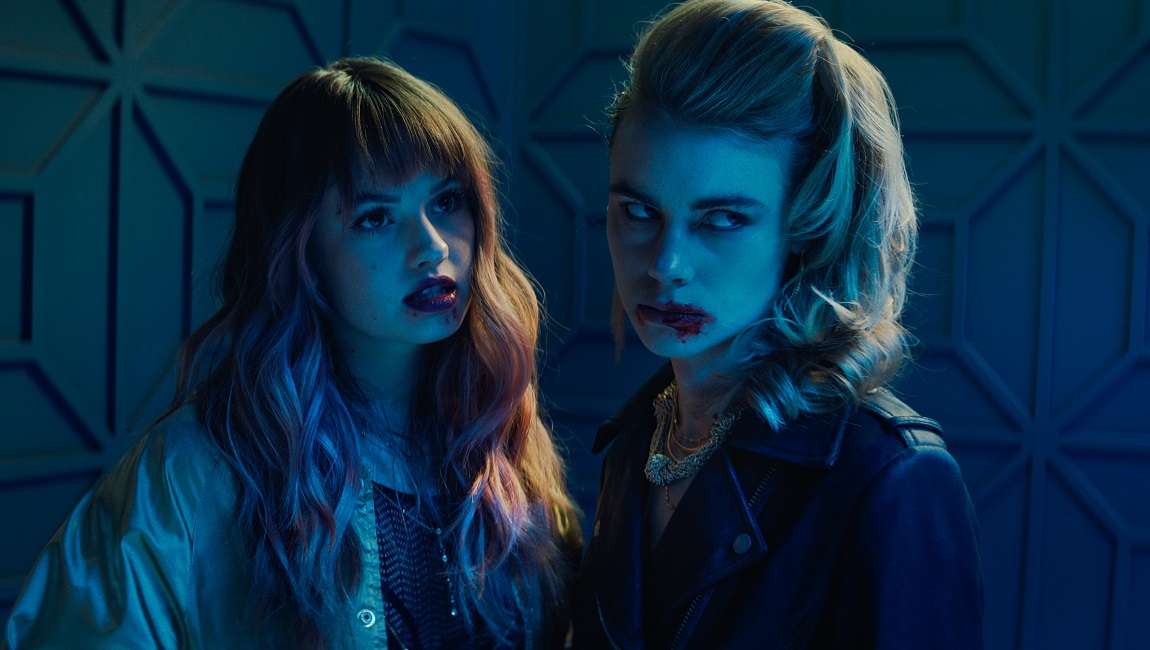The farcical elements of The Good Boss amusingly build across its runtime, but by the end the film feels a bit too schematic and overly pleased with itself.
If you are looking for obvious visual symbolism, there might be no monument grander than The Good Boss, a film about corporate justice set within the business of industrial scales. In a literal sense, these scales (of justice) sit at the gates of the factory where most of Fernando León de Aranoa’s film takes place. When a bird lands on one side, the balance is disturbed. That is, until beloved CEO Blanco (Javier Bardem) rolls up in his Jaguar, honking his horn until the animal flies away. Nature, as we will learn, is nothing next to the needs of business for balance and ecumenical perfection.
Blanco is nothing if not a perfectionist. Walking through his immaculately laid-out factory floor, which is in line for an award, the space more resembles an art gallery like the Centre Pompidou than the kind of dangerous zone of the underclass seen in the likes of Blue Collar. Monologuing that the business success is more of a family, there are visible tears in the eyes of his employees, overwhelmed by the goodness his workplace has created. This is soon revealed to be mere aesthetic: Blanco interferes with his workers lives under the guise of good business, stalking their Facebook profiles and whispering gossip and lies to shift their workplace performances. There are also his own efforts at an affair with intern Liliana (Almudena Amor), who chases Blanco like a horny rabbit even though Bardem has gone to great lengths in fighting his innate sex appeal with a comb-over and homely suit (which seems to be his parlor trick — did that iconic bob make him less appealing in No Country For Old Men? How about that bleached mop in Skyfall?) Still, this transgression distracts him from his other interloping, and the cracks begin to show.
How dare you meddle in my life, says the wife of a philandering worker. “It’s my life, too, my business,” Blanco tells her, because the two are inseparable. His belief in perfect workplace balance — the person who makes a fuss about an affair will lose to they who keep calm and carry on — hinges on the notion that business operates in silence, through the power of feeling as much as cold facts and numbers. Neoliberalism moves through the PR assault of universally agreed-upon nicety. These smiles always cover the cracks though, as people at the factory are constantly almost getting hit by passing trucks, and regular sacking occurs behind closed doors. Blanco is banal and in service only to capital, but he insists on being liked. This is somewhat the film’s issue too.
There is little perspective behind the camera. Scenes play out as they might on a Network TV drama, cut together with just enough use of POV shots and coverage to remind the viewer that this is a farcical construction, and nothing to take too seriously. Structured through chapter headings for each day of the week, León de Aranoa’s screenplay pushes the situations to a head in increasingly comical and awkward ways, but is overly schematic and pleased with itself, particularly in a climactic sequence where several plotlines intermingle while one character watches an opera.
When the film was selected as Spain’s Academy Award submission over Parallel Mothers, there was some outrage. But as Blanco would say, it’s just business. Though this is a forgettable, weightless film that pulls all of its punches in the hope of remaining as poplar as the charismatic Bardem antihero, one appreciates that were this an American project, then both the viewer and Bardem would have been roped into an interminable miniseries. Eight hours don’t make a day, particularly with material as familiar as this.







